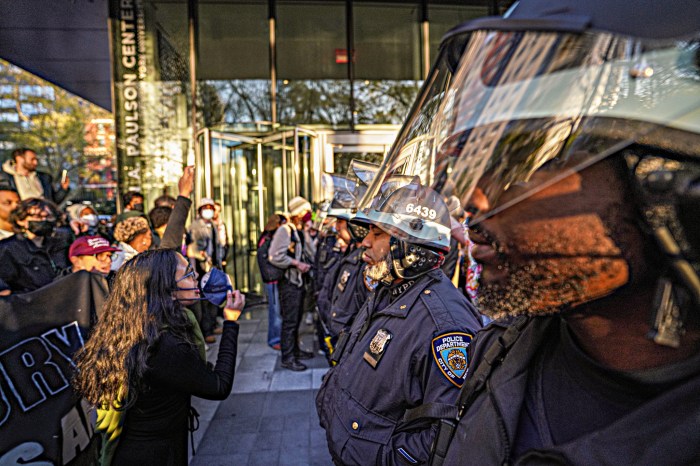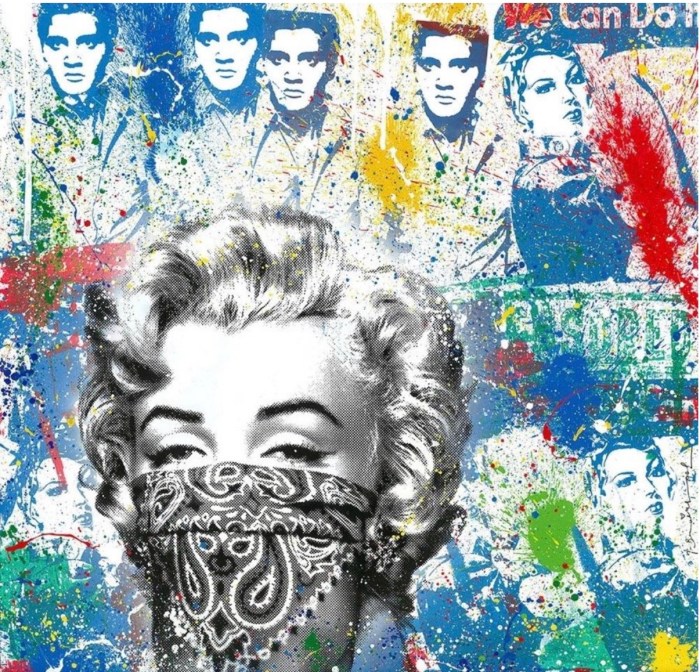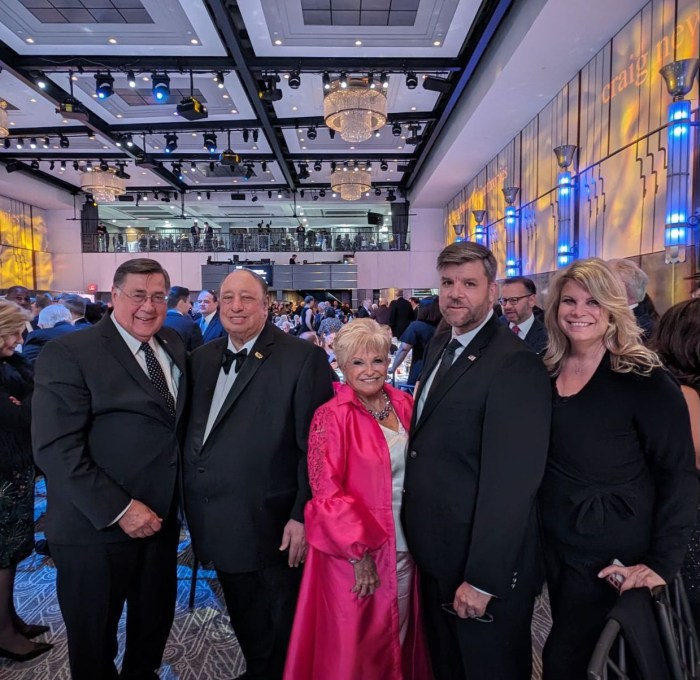By Scott Harrah
S. Epatha Merkerson, best known for playing Lieutenant Anita Van Buren for 14 seasons on “Law & Order,” is an actress of many talents, but her outstanding performance is not enough to save this tepid revival of William Inge’s 1950 drama from collapsing through its numerous flaws and unfortunate casting. Merkerson, playing the frumpy, lonely, aging former beauty queen Lola Delaney, is consistently remarkable, but unfortunately co-star Kevin Anderson (playing Lola’s recovering alcoholic husband Doc) has absolutely no onstage chemistry with her.
The drama, set in the Midwest in 1950, is dated indeed. Inge’s long-gone postwar America harkens back to a time when ladies wore petticoats and white gloves, few had TV sets, and milkmen delivered glass bottles of fatty Vitamin D milk and sticks of butter on a daily basis. “Come Back, Little Sheba” was Inge’s first Broadway hit and is about as anachronistic is it gets, written at least a decade before feminism, in the days when women were primarily portrayed as housewives who would do anything to please their husbands. Lola, who’s nearing her 45th birthday, sports a frumpy housecoat throughout most of the story, calls herself “old, fat and sloppy” and spends her days cleaning house, listening to radio soap operas, and dreaming about her younger days when she was svelte and stylish. She also longs for a puppy named Little Sheba that ran away. The disappearance of the dog is an obvious metaphor for the happiness that eludes Lola, and when she feels particularly lonesome, she runs to the door and trills in desperation for the puppy to come back to her. Merkerson, with her middle-aged girth and wistful, girlish voice, seems a fine casting choice for Lola; she is a bit more delicate yet just as vulnerable as Shirley (“Hazel”) Booth was in her Oscar-winning portrayal of Lola in the 1952 Hollywood film adaptation opposite Burt Lancaster. (Booth also played Lola in the original 1950 Broadway production.)
Lola’s so lonely that she tries to get the attention of any gentleman caller who drops by the house, from the portly postman (Lyle Kanouse) to the muscle-bound milkman (Matthew J. Williamson), a guy who invites Lola to feel his pumped-up biceps and gleefully gives her a copy of a muscle magazine in which he’s featured. She loves to tell hunky men that they should be in Hollywood making “Tarzan movies.” However, sex isn’t the only thing on Lola’s mind. She is so desperate for a piece of mail that the postman promises that he’ll write her a letter one day just so he can have something to deliver to her. This is about as exciting as the storyline gets, and the narrative is fairly predictable because we all know that Doc, who’s attending AA meetings and nearing a year of sobriety, isn’t going to stay away from the bottle of booze in the kitchen for very long.
Kevin Anderson, as Doc, is certainly no Burt Lancaster. He lacks the gruff, raffish fervor that the role requires, and when he starts to fall off the wagon of sobriety as the story progresses, he’s simply not convincing. There is some genuine tragedy in the marriage that neither has overcome. They were forced to marry when Lola was just 19, and then she lost the baby, and nothing has been right since then. Inge provides bona fide domestic heartache and a blueprint for some great acting, but it’s just not here. Despite the fact that this was his first hit, “Come Back, Little Sheba” is an American kitchen-sink drama that’s too lugubrious to be considered a real classic, and seems like an odd play to revive without the right cast to do it dramatic justice.

















